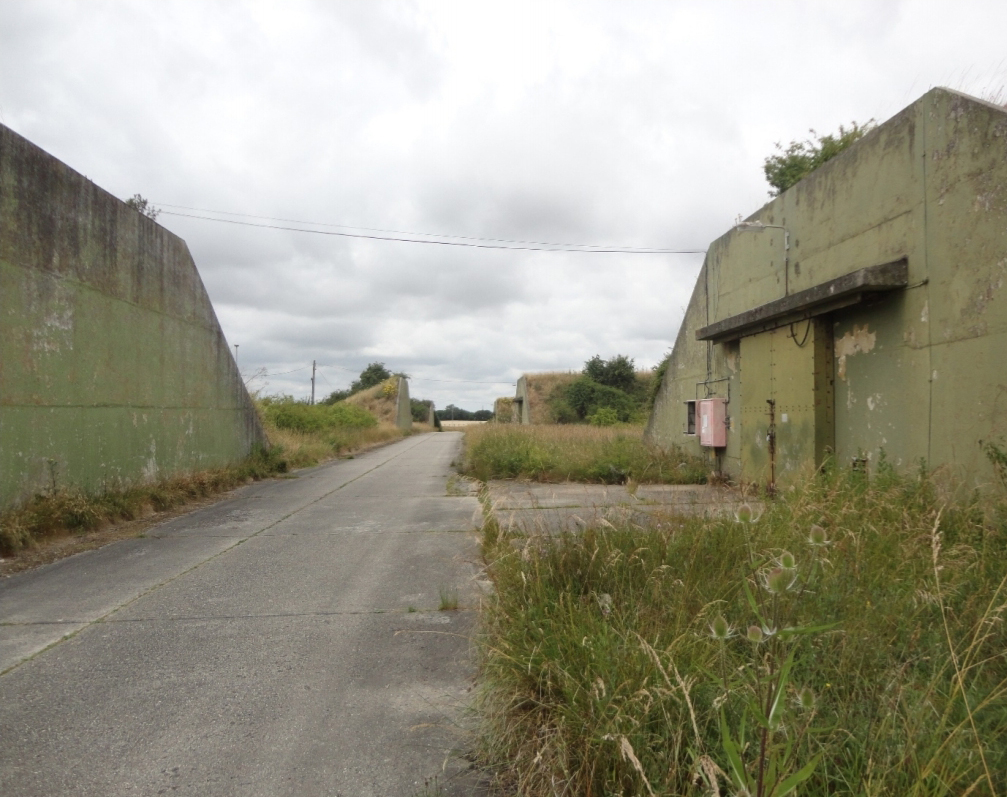
12 Jun Court of appeal hears essex asylum centre appeal today
On 12 June, the Court of Appeal will hear the appeal of Braintree District Council against the High Court judgment rejecting their planning challenge to the proposed accommodation of 1,700 asylum seekers at Wethersfield airfield. Their opponents are the Home Secretary and the Secretary of State for Defence. The Court of Appeal granted our client, Gabriel Clarke-Holland, a local resident, permission to intervene in the case, alongside West Lindsay District Council who oppose similar plans in respect of RAF Scampton. Rother District Council has also been granted permission to intervene in relation to the anticipated proposal to locate a third accommodated centre at Bexhill.
Gabriel’s main argument is that the planning court is the wrong place for this case. He agrees with the government that the court did not have jurisdiction to bring this kind of enforcement against the Crown. Since he lives next to the base, he has noticed works have already commenced to prepare for the arrival of asylum-seekers. He would like Braintree Council to investigate this and serve an enforcement notice as a first step. He has applied for a judicial review of the Home Secretary’s decisions as the correct way to challenge the government’s main argument that they can short circuit planning laws using wartime emergency powers. Braintree District Council followed suit as did West Lindsey Council and all three judicial review claims are due to be heard on 12 and 13 July.
Although the High Court judge, Waksman J decided he did not have the power to block the base on planning grounds, he was swayed by the Home Secretary’s argument that there is an emergency under Class Q (The Town and Country Planning (General Permitted Development) (England) Order 2015) due to a sudden and significant increase in those needing accommodation. The Court of Appeal may refuse to hear these ‘obiter’ arguments, or it may make its own decision. The case is highly significant for any local council in the UK if the government can simply bypass planning law by declaring an emergency.
Both interveners say this is such an important question that it should be left to the judicial review with a chance to hear full evidence about whether this is an emergency. This evidence includes an expert report pointing to similar numbers of asylum-seekers being accommodated 20 years ago. On 6 April 2023, 171 organisations wrote to the Prime Minister Rishi Sunak highlighting adverse impact on community relations warning “Segregating people in this way, and doing so without any consultation with local residents, inevitably leads to community tensions.” They explained the risks to vulnerable asylum-seekers from the use of barges and remote military bases across the UK that lack the necessary infrastructure and services. They point to the backlog of asylum claimants owing to the slowdown in decision making. The government recently announced that it will streamline asylum applications from high-risk countries.
Sue Willman of Deighton Pierce Glynn solicitors said:
“The Home Secretary has a legal duty to foster good relations between people of different races which has been ignored. If the Centre goes ahead, the public will lose confidence in a legal process which does not consult them about changes that affect them. Asylum-seekers will be sent to a place which clearly can not cope with their needs. Our client is simply asking Suella Braverman to comply with her legal duties instead of repeating the mistakes made by her predecessor at other military barracks.“
Gabriel is represented by Sue Willman, Emily Soothill and Ahmed Ali from Deighton Pierce Glynn Solicitors instructing Alex Goodman KC and Charles Bishop from Landmark Chambers. The intervention is funded by the Strategic Litigation Fund.
The hearing is livestreamed here: https://www.youtube.com/watch?v=op0w2HHTnGc
Media contacts
Deighton Pierce Glynn
Sue Willman – swillman@dpglaw.co.uk
Emily Soothill – esoothill@dpglaw.co.uk
Ahmed Ali – aali@dpglaw.co.uk
